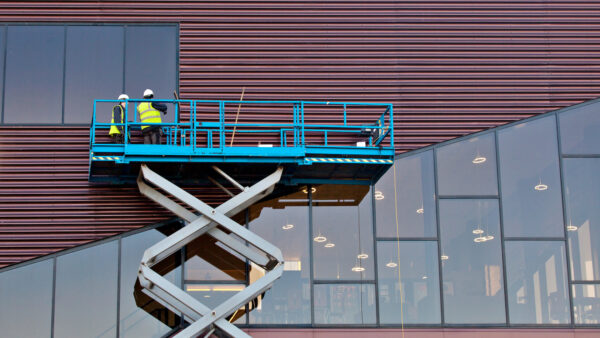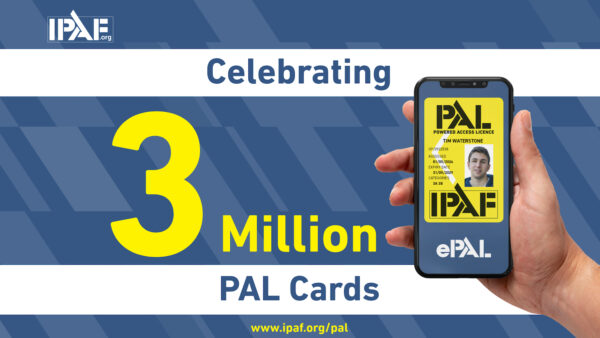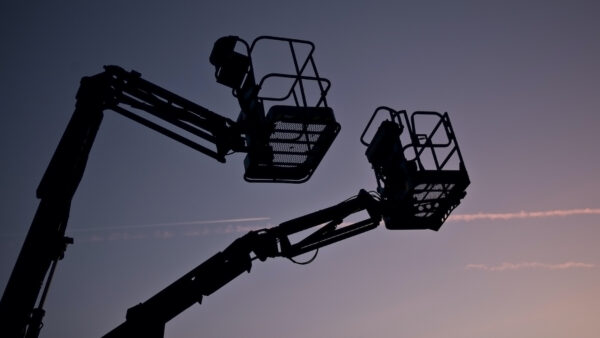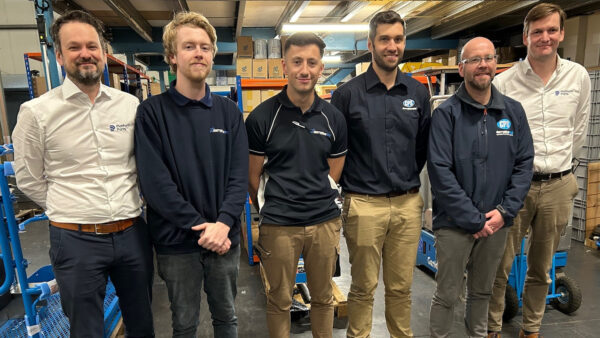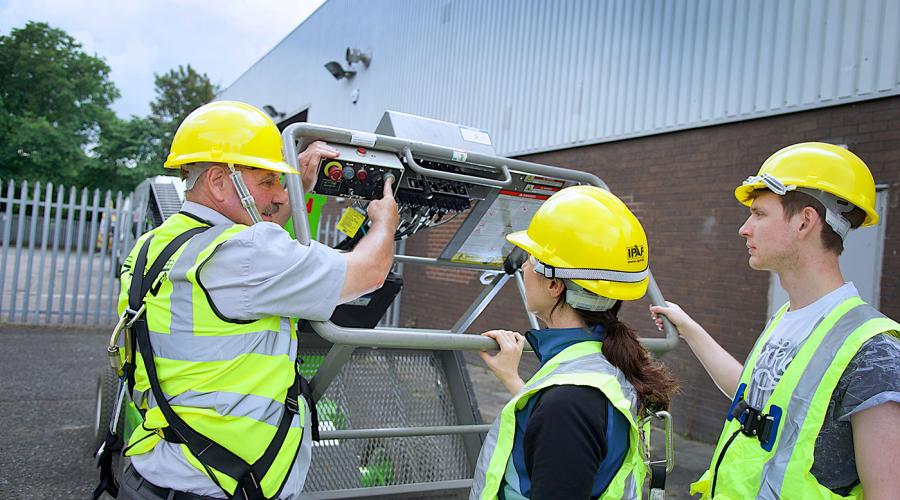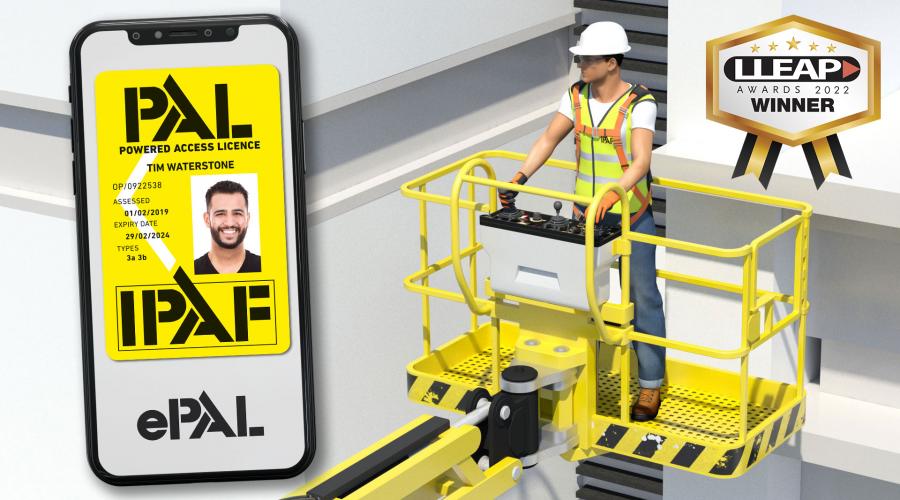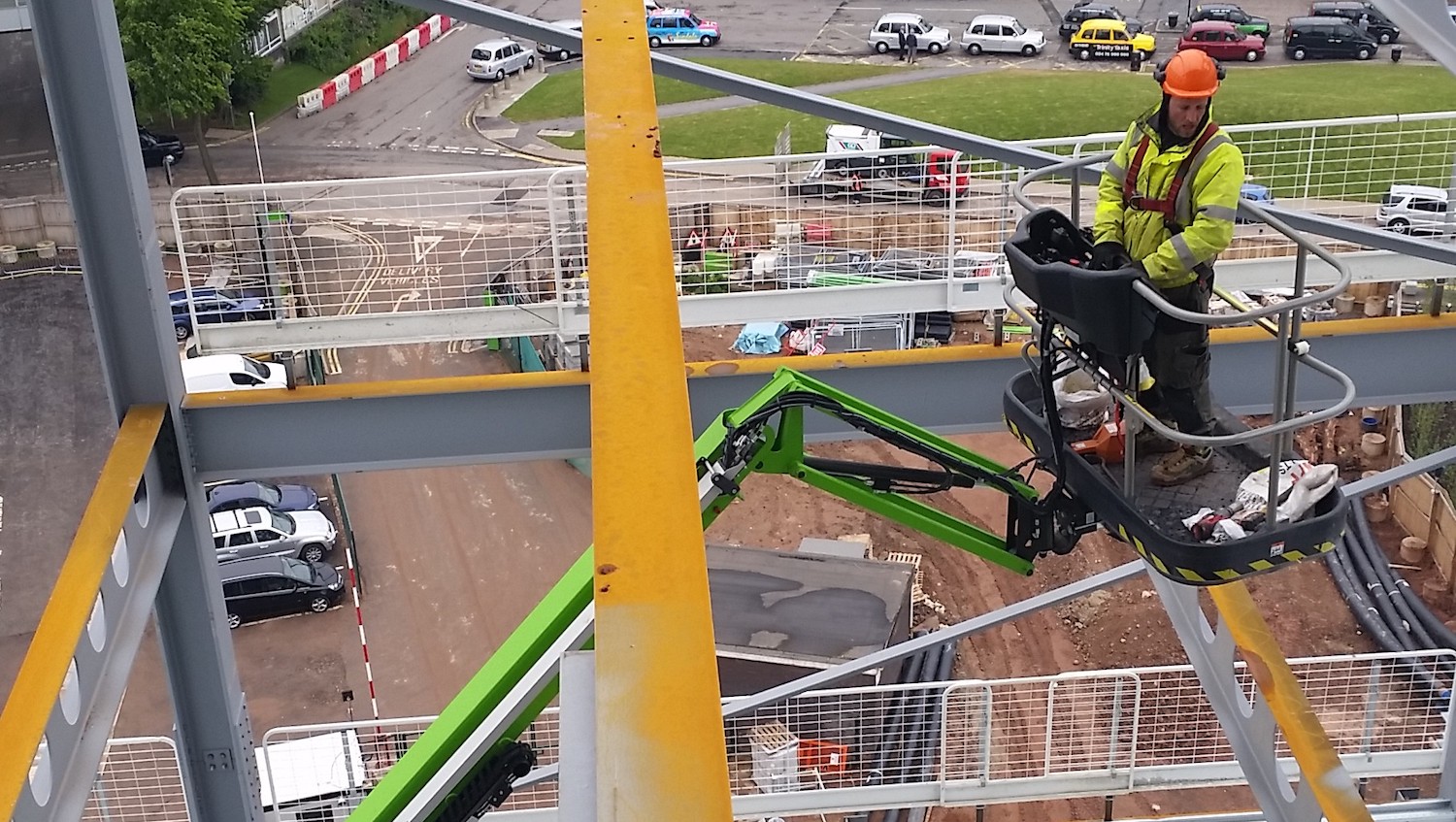
Sharing best practice is not enough – more honesty is needed when things go wrong.
I have seen a lot of change over the course of my career. Back in the 90s, the risks of working at height led to significantly more safety incidents than we see in the industry today.
It is true that safety standards have improved, but it is important that we, as an industry, do not become complacent.
The latest data from the IPAF Global Safety Report shows that there was a 26% decrease in reported fatalities for 2024 compared with 2023.
While this downward trend is encouraging, it is tragic that 100 fatalities occurred.
Through my years working in health and safety, and my current role at Bowmer & Kirkland, I have seen first hand the devastating impact caused by workplace incidents.
I’m a firm believer that we should all raise the bar when it comes to safety
Like many construction firms, we regularly use powered access equipment.
We have mandated robust health and safety policies and keep up to date with technological advances that help to support the safety of our site operatives.
The need for vigilance
However, there is always a risk that an individual makes a mistake – so it is crucial that everyone on site, regardless of seniority, remains vigilant.
As well as vigilance, we also need to work together to improve safety and reduce risk. And that requires more honesty when things go wrong, not just sharing examples of best practice.
Too often we’re preoccupied with best practice and learning lessons from beacon schemes such as London’s Olympic Park or the HS2 rail project.
The reality is that most of the lessons learned from these megaprojects focus on expensive processes or innovations that are not readily available for the mass market.
I’m a firm believer that we should all raise the bar when it comes to safety. It is not just about achieving best practice, it is about understanding achieving good practice. It is counterintuitive to just focus on making the best better.
This is how you create a genuine cultural shift across the industry.
Enabling forum
But cultural change cannot be forced; it must be enabled. And that is the driving force behind IPAF’s Powered Access Contractor Forum (PACF).
The forum provides a platform to collaborate and share the practical, incremental steps that influence behaviours and attitudes to safety in powered access.
On a personal level, it is hugely rewarding to hear from individuals and companies who operate in other sectors, with safety cultures that are at different levels of maturity.
It’s clear from the shared experience in the group that while MEWPs and MCWPs incidents were more common years ago, they can still happen today, to anyone, on any site.
Frustratingly, most of these incidents are eminently preventable. It is a stark reminder that safety is everyone’s responsibility.
The forum isn’t about experts talking to other experts, or berating the industry when things go wrong. It’s an opportunity for practitioners to share their experience
With this in mind, PACF has helped to lead on some important projects that aim to provide clear and practical guidance for powered access operations.
Collaborative effort
The recent publication of Ground Conditions and Supporting Structures is an example of the forum’s collaborative approach in action.
We brought together diverse views and experience to contribute to the document, which will help to promote and enable safer working practices.
There is so much more for PACF to achieve in the months and years ahead, particularly around emerging issues such as near misses and incident reporting.
The forum isn’t about experts talking to other experts, or berating the industry when things go wrong. It’s an opportunity for practitioners to share their experience, understand other viewpoints, and continue improving safety standards across the industry.
If you want to help make a difference, come along to a PACF meeting and make sure your voice is heard.
Mark Blundy is group director of health and safety at Bowmer & Kirkland.
To find out more about how IPAF supports contractors, or to sign up to join the PACF, click here.






